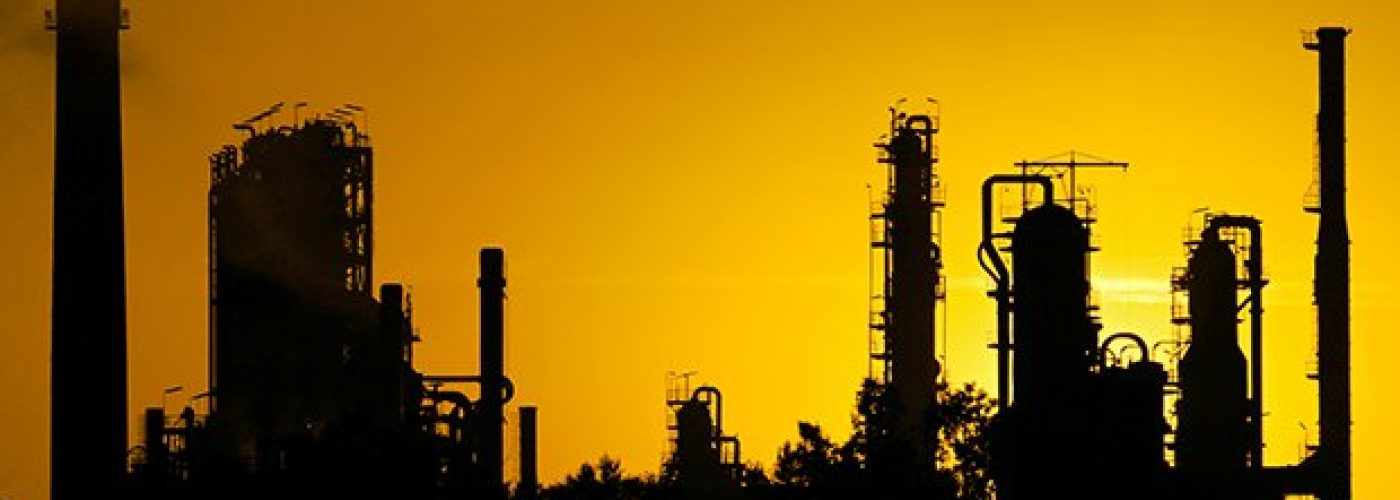The Royal Institution of Chartered Surveyors (RICS) is predicting that tender prices on infrastructure and civil engineering projects will rise by around a third over the next five years as the cost of oil bounces back from its current low value.
According to the latest report from RICS’ Building Cost Information Service (BCIS), oil prices will have a key impact in both the short and medium term for the infrastructure sector.
In the short-term, it is forecasting that costs, which rose by 1.4% in the third quarter of 2015 compared with the previous quarter, will fall “principally as a result of falling oil prices”.
However, the report says that after the third quarter 2016 costs are expected to rise quite sharply as oil prices bounce back, albeit from a low base.
This recovery in oil prices will result in civil engineering costs rising by around a quarter in the next five years. This increase will be the key driver of increased tender prices for the industry.
Brent
oil
prices
1987-2016

Peter Rumble, head of forecasting, RICS’ BCIS division, commented: “With civil engineering costs set to fall over the next year, a moderate increase in annual tender prices is expected in the year to the third quarter 2016.
“Over the next three years input cost increases are likely to be the key driver of tender prices, but, over 2020, the final year of the forecast period, stronger output growth, in addition to upward pressure from input costs, is expected to lead to a greater gap between costs and tender prices.”
Infrastructure output is expected to remain fairly flat throughout 2016 and by 2017 it is predicted to fall, due to the cycle of some major projects having passed peak as opposed to a downturn in the market
The RICS believes that moderate growth will return in 2018, and will slow slightly in 2019, before rising quite sharply in 2020 due to increased investment in major road schemes and a build-up of HS2 construction, assuming this goes ahead.
Rumble continued: “Despite new infrastructure work output predicted to stall for the duration of 2016, the five-year forecast period remains significantly stronger than pre-2010 levels, which bodes well for the economy.”





